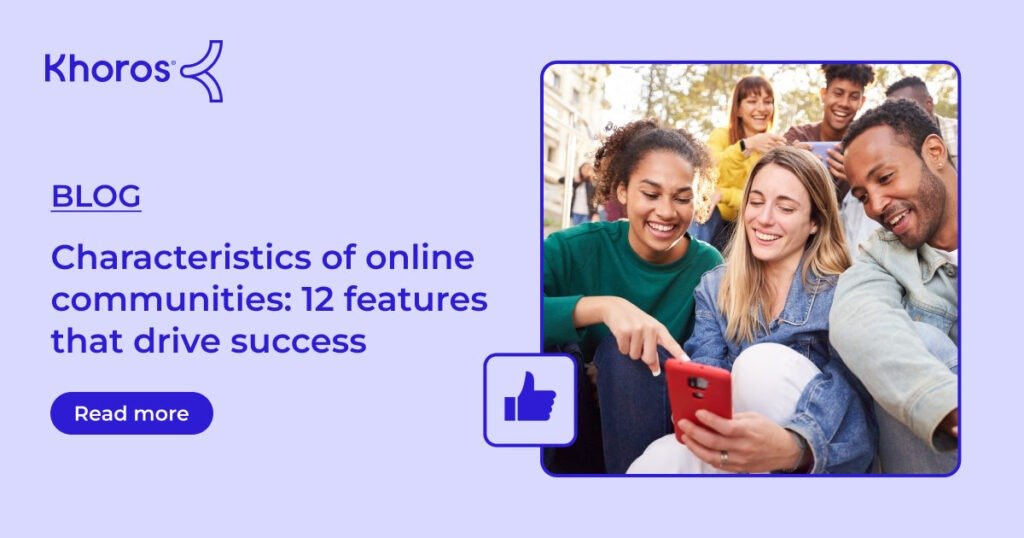
Community managers oversee an organization’s online engagement with its audience. They promote company events while upholding consistency of voice and tone through digital customer interactions.
Community managers need a background in public relations in order to effectively deal with legal matters or negative press coverage of their companies, while keeping abreast of platform updates and changes.
Strategy
There are various approaches to community management, but its essence can often be determined by an organization’s goals. For example, a business may seek to increase brand recognition or get users engaging with its products offline by increasing brand recognition in specific cities or encouraging users to interact with its products in person offline. To accomplish these goals, community managers might research local users before engaging directly with them, measuring success through things such as event attendance and signups.
Another objective could be creating customer support communities where users can discuss how to use products or resolve common issues. A community manager might create forums or share FAQ documents as ways of helping users. Both forums and documents must communicate brand values while remaining sensitive to user needs.
Community managers must also possess the expertise needed to identify and respond quickly to legal matters or negative press that arise, making a background in PR or support beneficial.
Community managers play a vital role in creating an authentic connection with their audiences and showing they care about them as people. One approach for doing this effectively is actively listening, addressing concerns and acting as the go-to person for any queries or assistance that might arise – this will increase customer loyalty while simultaneously strengthening brand image.
Interaction
Community managers help their company engage with its audience across different online platforms, by answering queries, sharing social media content and other forms of communication that strengthen its reputation. Furthermore, these managers keep an eye on brand sentiment by tracking any shifts in positive or negative feedback received about the brand.
As such, they need to respond swiftly and effectively to customer comments, queries and reviews; provide information about new products or services; as well as provide feedback about products or services being reviewed or discussed by stakeholders. In order to be successful at this job, a high degree of organizational ability and marketing knowledge must be combined for effective communications strategies.
Community managers that excel are those that genuinely love what they represent, can establish meaningful connections with their audiences, and can make them feel appreciated. Krystal Wu from HubSpot says she delights her community with small gifts or “delight boxes” full of exciting merchandise.
An effective community manager must be compassionate and sensitive to people’s needs when managing an online customer forum. Furthermore, they should take charge when needed – for instance if someone infringes upon others’ safety or violates community guidelines – thus maintaining a positive experience for all parties involved.
Engagement
Community managers play an essential role in engaging customers to foster a sense of belonging within their respective brands, from creating awareness-generating content and conversations through to encouraging community participation and integrating the community’s authenticity into other aspects of the brand.
Community managers also seek out creative ways to pique stakeholders’ interest and foster engagement, whether through contests or influencer partnerships. A good community manager must possess excellent marketing and digital advertising knowledge as well as be adept at using creativity to drive traffic towards their brand’s online communities and increase engagement.
Their job also involves responding to feedback and complaints from community members in a timely manner, creating or updating resources like FAQ documents and discussion forums that help consumers.
Community managers play a vital role in monitoring social issues like trolling, bullying, and other negative behavior and taking appropriate action (like community guidelines or member suspension) when these behaviors emerge. Furthermore, community managers play an integral part in providing welcoming onboarding experiences to new members, such as sending relevant threads to join or useful resources to read. They may also attend in-person events to promote their community and encourage newcomers to connect.
Measurement
An effective community manager must be able to effectively track, analyze and report on metrics that demonstrate the success of their efforts. These might include engagement metrics on specific platforms or even third-party analytics tools like Google, Meltwater or Sprout Social.
Community managers need to demonstrate clear returns on investment from their work in order to maintain buy-in from other teams and secure resources to expand their programs. They can do this by providing data such as customer support tickets resolved or sales generated as a result of their community management program.
Community managers must not only focus on measuring performance but also pay close attention to their target audience when creating content and communications strategies for increasing brand recognition and encouraging positive word-of-mouth referrals.
Community managers require empathy and strong soft skills in order to advocate for a brand in customers and users’ eyes, so listening carefully for any feedback or complaints, communicating clearly and concisely and responding promptly are essential skills. Furthermore, community managers must cultivate relationships with those who interact with their brands as well as attend and host live events so they can connect with potential new customers or followers and foster relationships between brands and those interacting with it.


